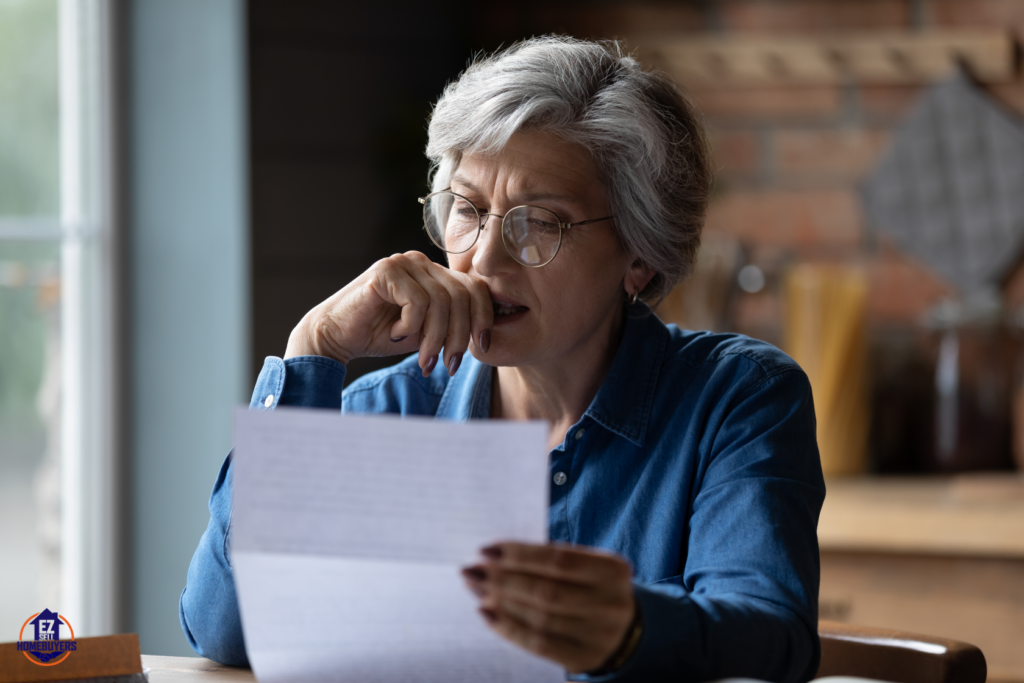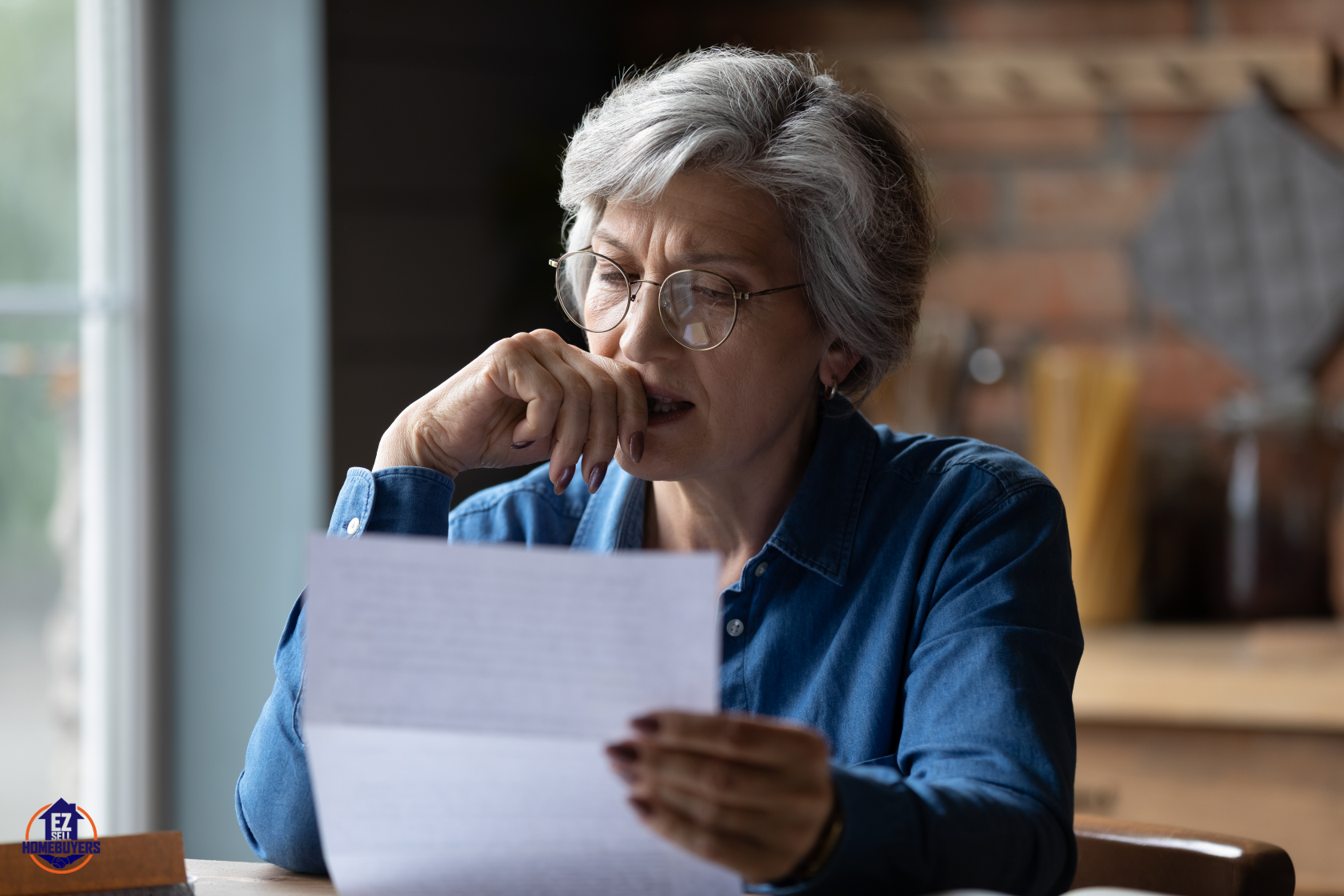Navigating the sale of your home in Ohio while on Medicaid can be a daunting endeavor. With 24 years of experience in real estate and over 1700 homes sold, I have encountered numerous cases where homeowners needed to sell their properties under Medicaid’s specific guidelines. This article delves into the critical aspects of Medicaid rules in Ohio and provides strategic advice for selling your home efficiently and compliantly.

Understanding Medicaid Eligibility in Ohio
Medicaid eligibility in Ohio hinges on both income and asset levels. Importantly, your primary residence often does not count against your asset limit if it meets certain exemption criteria. However, the act of selling your home introduces complexities that could affect these conditions. As a seasoned real estate professional, I’ve guided many through these intricate scenarios, ensuring they maintain their benefits while transitioning from their homes.
Exempt vs. Non-Exempt Assets
In Ohio, distinguishing between exempt and non-exempt assets is crucial before proceeding with a home sale. Generally, a home qualifies as an exempt asset, safeguarding your Medicaid eligibility under the following conditions:
- The home’s equity value stays below $636,000 (as per 2023 regulations).
- The homeowner, or a dependent relative, continues to occupy the home, or there is an intention to return.
From my extensive experience, clients who carefully manage this transition can protect their Medicaid standing and avoid unnecessary complications.
Impact of Home Sale on Medicaid Eligibility
When you sell your home, the resulting funds become liquid assets, which can endanger your Medicaid eligibility if they exceed Ohio’s asset thresholds—$2,000 for individuals and $3,000 for couples as of 2023. I advise clients to reinvest these proceeds quickly into another primary residence or utilize them in Medicaid-compliant ways, such as settling outstanding debts or covering medical expenses.
Ohio Medicaid Estate Recovery Program
A pivotal consideration is the Ohio Medicaid Estate Recovery Program, which allows the state to reclaim Medicaid expenses from the estate of a deceased beneficiary. Having worked closely with families facing such situations, I recommend taking proactive steps to protect the sale proceeds through timely investments or establishing a Medicaid Asset Protection Trust (MAPT), ensuring that these assets are not easily reclaimable by the state.
Strategies to Protect Assets
Several strategies can safeguard the proceeds from your home sale:
- Reinvesting in Another Home: Continuously owning a home can keep the funds exempt.
- Medicaid Asset Protection Trust: A MAPT can effectively shield your assets but requires implementation five years prior to applying for Medicaid to avoid penalties.
- Selling to a Cash Investor: For those needing to sell quickly without the burden of repairs or realtor fees, selling to a cash investor can be an expedient and efficient solution. This option simplifies the process, providing you with fast access to funds that can be promptly reinvested or used in a spend-down to maintain Medicaid eligibility.
Consulting with Professionals
Given the complexity of Medicaid rules and the serious implications of selling your home, consulting with legal and financial professionals specializing in elder law and Medicaid planning is paramount. They can offer personalized advice that leverages both my real estate insights and their regulatory knowledge.
Preparing for the Sale
To prepare your home for sale, consider:
- Professional Home Valuation: Understand your home’s equity value.
- Market Insight: Utilize the expertise of a real estate agent familiar with Medicaid considerations.
- Legal and Financial Planning: Develop a comprehensive plan for using the proceeds to protect your Medicaid benefits.
If you’re unsure of your property’s value simply fill out the form below and get a FREE Home-Vaulation report sent directly to your email.
Market Analysis Form
Conclusion
Selling your home in Ohio while navigating Medicaid rules demands careful planning and an understanding of how asset management affects eligibility. By collaborating with experienced professionals and considering all available selling options, including cash investors, you can make informed decisions that protect both your financial interests and your Medicaid coverage. Each scenario is unique, and tailored professional advice is essential in these complex transactions.
By implementing these strategies, you can ensure compliance with Medicaid rules while maximizing the financial benefits of selling your home in Ohio.
FAQ: Selling Your Home in Ohio Under Medicaid Rules
1. What are the asset limits for Medicaid eligibility in Ohio?
Answer: As of 2023, the asset limits for Medicaid eligibility in Ohio are $2,000 for individuals and $3,000 for couples. Assets above these amounts can jeopardize Medicaid benefits.
2. Does my home count as an asset for Medicaid eligibility?
Answer: In most cases, your primary residence does not count as an asset for Medicaid eligibility if it falls under exemption criteria. The home must be the primary residence, the equity value must not exceed $636,000, and there must be an intent to return or a qualified relative residing in it.
3. What happens to my Medicaid eligibility if I sell my home?
Answer: The proceeds from the sale of your home become liquid assets, which could affect your Medicaid eligibility if they push your total assets above the Medicaid threshold. Prompt reinvestment or spending down the proceeds can help maintain eligibility.
4. What is the Ohio Medicaid Estate Recovery Program?
Answer: The Ohio Medicaid Estate Recovery Program allows the state to reclaim costs of Medicaid benefits from the estate of a deceased beneficiary. This includes recovering costs from the proceeds of a home sale if not properly protected.
5. How can I protect the proceeds from the sale of my home?
Answer: There are several strategies to protect sale proceeds, including reinvesting in another primary residence, setting up a Medicaid Asset Protection Trust, or using a spend-down strategy on other exempt assets or qualifying expenses.
6. What are the advantages of selling my home to a cash investor under Medicaid rules?
Answer: Selling your home to a cash investor can be beneficial because it allows for a quick sale without the need for repairs or paying realtor fees. This can be especially advantageous if you need to access the proceeds quickly to reinvest or use in a spend-down strategy to maintain Medicaid eligibility.
7. Why should I consult a professional before selling my home while on Medicaid?
Answer: Consulting with legal and financial professionals is crucial due to the complexities of Medicaid rules and the potential impacts on your financial and eligibility status. They can provide tailored advice, ensuring that the sale of your home aligns with Medicaid regulations and your personal circumstances.
These FAQs provide a concise overview to aid understanding and decision-making for those considering selling their home while managing Medicaid considerations in Ohio.

